Brief Summary
This course is your go-to guide for mastering Java, focusing on generics, collections, and advanced concepts like the Stream API and reflection. It’s tailored for those who want to write better, more efficient Java code without getting lost in the technical jargon.
Key Points
-
Introduction to generics and why they matter
-
Understanding basic generics and generic methods
-
Exploring bounded type parameters
-
Diving into wildcards: unbounded, upper, and lower
-
Getting to grips with the collections framework
-
Performance differences between ArrayList and LinkedList
-
An overview of queues, maps, and sets
-
Sorting collections using Comparable and Comparator
-
Utilizing Java's Stream API
-
Learning about reflection and its applications
Learning Outcomes
-
Understand and effectively use Java generics
-
Grasp bounded type parameters and wildcards
-
Navigate the collections framework and differentiate data structures
-
Sort collections and arrays using Java’s powerful interfaces
-
Utilize the Stream API for modern programming tasks
About This Course
A Guide to Understand Generics, Collections Framework (Data Structures), Stream API and Reflection in Java!
Learn the basic concepts and functions that you will need to build fully functional programs with the popular programming language, Java.
This course is about generics in the main. You will lern the basics of generic types, generic methods, type parameters and the theoretical background concerning these topics. This is a fundamental part of Java so it is definitly worth learning.
Section 1 - Generic and Generic Programming
Section 2 - Basic Generics
Section 3 - Bounded Type Parameters
Section 4 - Type Inference
Section 5 - Wildcards
Section 6 - Type Erasure
Section 7 - Collections Framework
the collections framework
measuring the running time of algorithms
what are data structures?
Section 8 - Lists
Section 9 - Queues
what are queues?
PriorityQueues
ArrayDeques
Section 10 - Maps
hashing based data structures and hash-functions
HashMaps and LinkedHashMaps
balanced binary search trees and red-black trees
TreeMaps
Section 11 - Sets
Section 12 - Sorting Collections
sorting arrays and collections
Comparable and Comparator interfaces
sorting with lambda expressions
Section 13 - Stream API
Section 13 - Reflection
Learning the fundamentals of Java is a good choice and puts a powerful and tool at your fingertips. Java is easy to learn as well as it has excellent documentation, and is the base for all object-oriented programming languages.
Jobs in Java development are plentiful, and being able to learn Java will give you a strong background to pick up other object-oriented languages such as C++, or C# more easily.
Understand the basics of generics
Understand bounded type parameters
Understand wildcards (unbounded, upper bounded and lower bounded wildcards)


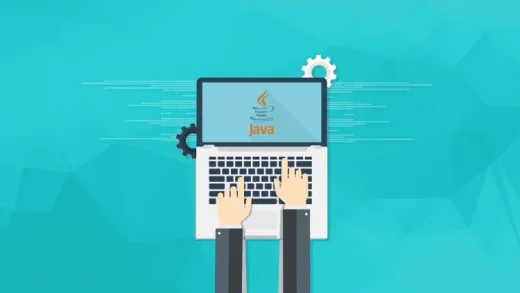

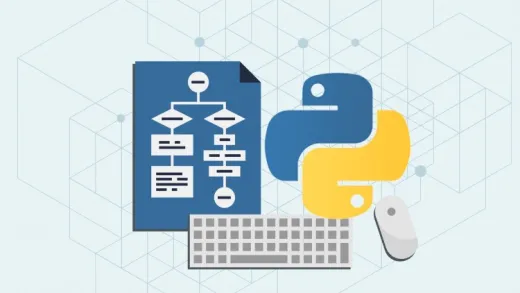
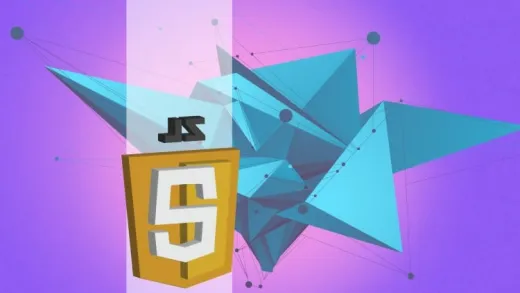
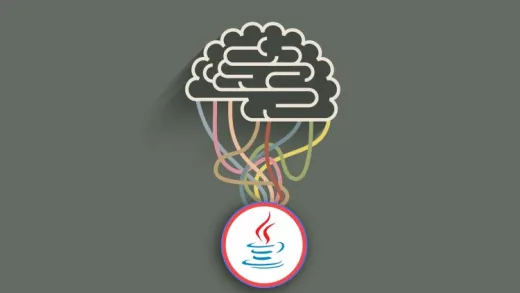
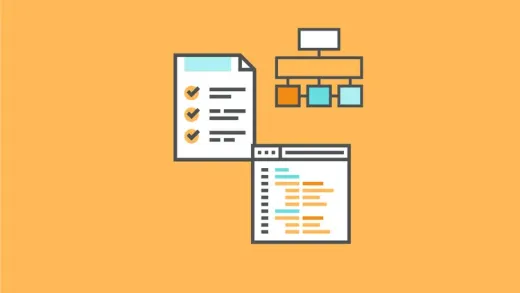

Rahul N.
Good insight to collection classes